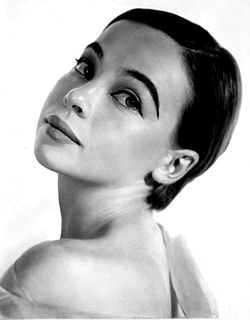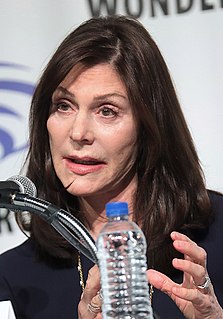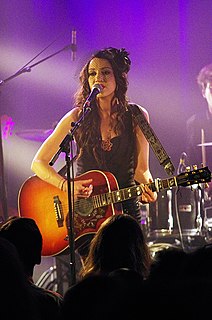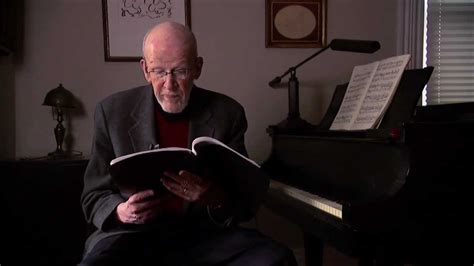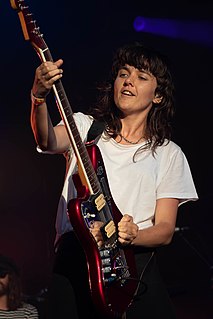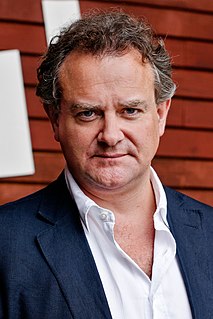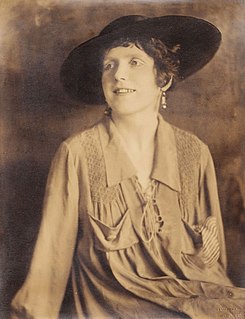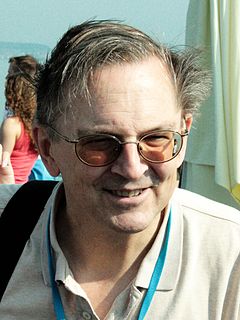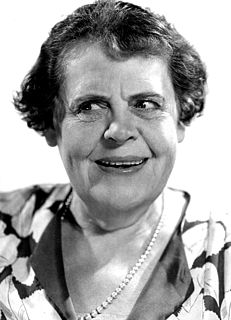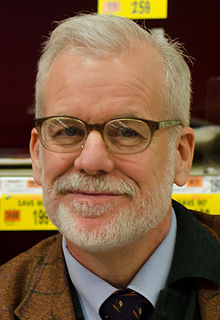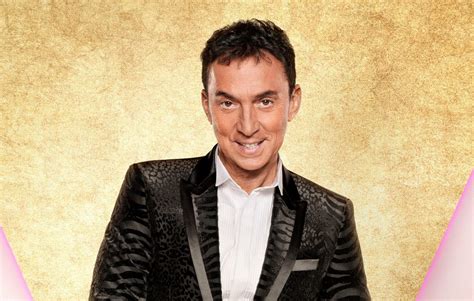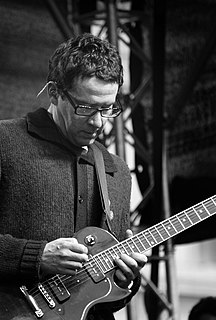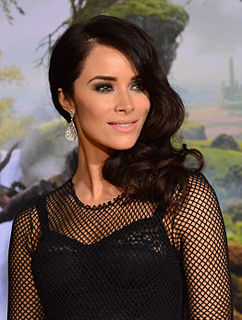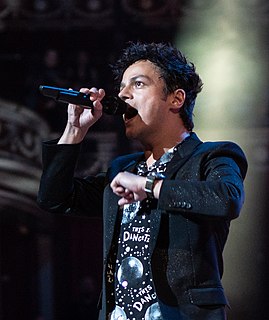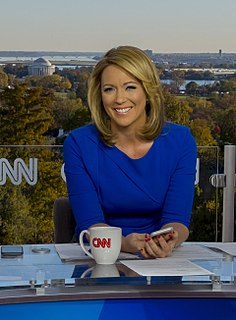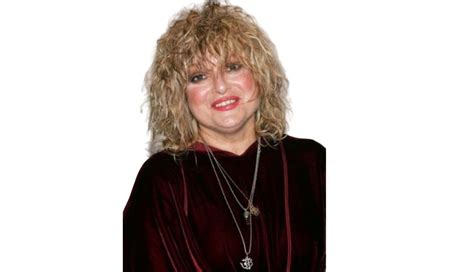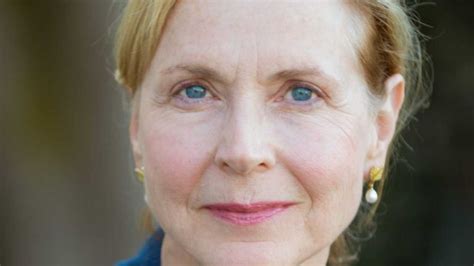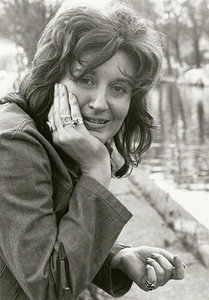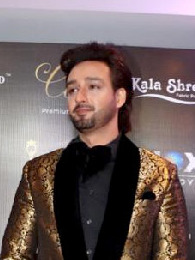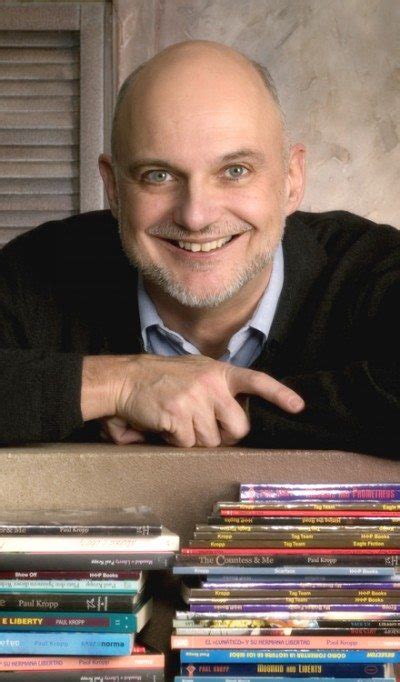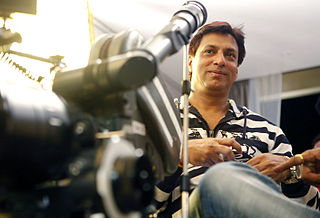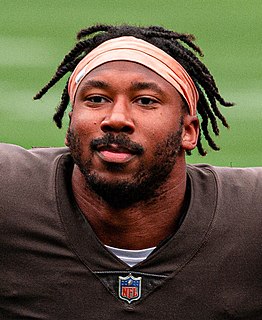Top 1200 Reading Biographies Quotes & Sayings
Explore popular Reading Biographies quotes.
Last updated on November 24, 2024.
I seldom read anything that is not of a factual nature because I want to invest my time wisely in the things that will improve my life. Don't misunderstand; there is nothing wrong with reading purely for the joy of it. Novels have their place, but biographies of famous men and women contain information that can change lives.
My personal view is that reading has to be balanced. Obviously, there's a certain amount of reading that we have to do academically to continue to learn and to grow, but it's got to be balanced with fun and with elective reading. Whether that's comic books or Jane Austen, if it makes you excited about reading, that's what matters.
For the last episode [of Downton Abbey], you'll need some handkerchiefs. I needed handkerchiefs reading it. It wasn't because it necessarily moved me while reading it, but it was the experience of reading it when I realized it was the last time I was ever going to be reading one of those scripts. That was quite terminal.
Even as a teenager we got interested in the Beats, Dada, and Surrealism, and so on. What drew us to those was that their lives were their art. It wasn't something they did separately. Reading biographies of artists of that kind was what was fascinating to me, more than the stuff they made. We became convinced that life and art is really the same thing.
I grew up in this household where reading was the most noble thing you could do. When I was a teenager, we would have family dinners where we all sat there reading. It wasn't because we didn't like each other. We just liked reading. The person who made my reading list until my late teen years was my mom.
What do teachers and curriculum directors mean by 'value' reading? A look at the practice of most schools suggests that when a school 'values' reading what it really means is that the school intensely focuses on raising state-mandated reading test scores- the kind of reading our students will rarely, if ever, do in adulthood.
Teenagers are always sneaking around in drawers where they shouldn't go and reading things they shouldn't be reading. And that's an attempt to try, I think, to penetrate, that's how I found out as a teenager what was going on, was by sneaking into drawers and reading letters that I had no business reading.
Reading with an eye towards metaphor allows us to become the person we’re reading about, while reading about them. That’s why there is symbols in books and why your English teacher deserves your attention. Ultimately, it doesn’t matter if the author intended the symbol to be there because the job of reading is not to understand the author’s intent. The job of reading is to use stories as a way into seeing other people as a we ourselves.
I have always liked reading biographies. It is the ideal literary genre for someone too prim, like me, to acknowledge a gossipy interest in the living - don't you hate gossips, aren't they too awful? - but avid for any nuggets from the private lives of the dead because that is perfectly respectable, an altogether worthy and informative way of spending one's time.
Reading is everything. Reading makes me feel like I've accomplished something, learned something, become a better person. Reading makes me smarter. Reading gives me something to talk about later on. Reading is the unbelievably healthy way my attention deficit disorder medicates itself. Reading is escape, and the opposite of escape; it's a way to make contact with reality after a day of making things up, and it's a way of making contact with someone else's imagination after a day that's all too real. Reading is grist. Reading is bliss.
I love being in the archives, traveling, sitting in dusty places and looking at books with brittle pages. I love reading biographies and researching, to make myself informed about whatever political or historical time I'm writing about. From there, a lot of the emotional truths about my characters emerge.


